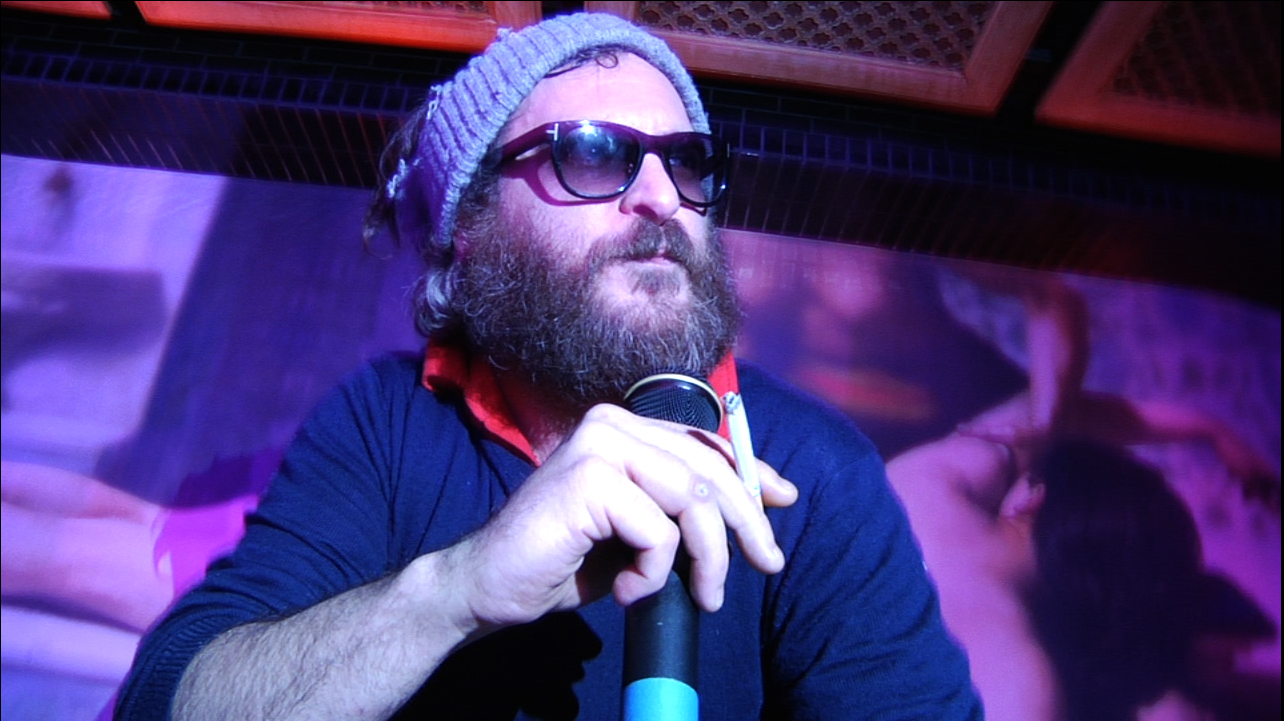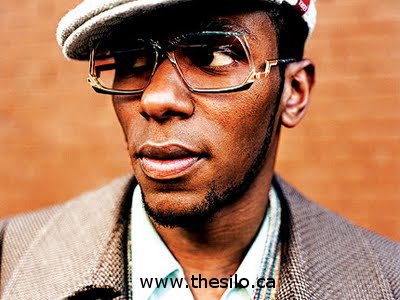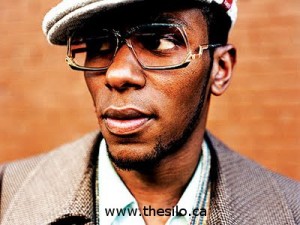 It’s been almost a decade and a half since Casey Affleck’s I’m Still Here perplexed us all. On reflection, it is a piece of modern motion picture history and a masterpiece.
It’s been almost a decade and a half since Casey Affleck’s I’m Still Here perplexed us all. On reflection, it is a piece of modern motion picture history and a masterpiece.
I say history because this just might be a first. Not even Borat with its pseudo-documentary style challenged moviegoers to discern whether what they were seeing was real or scripted. One thing is certain, Affleck’s film had us all believing that what we are witnessing on screen was in fact real. That’s because the film I’m Still Here was pitched, produced, filmed and shown worldwide as a documentary when in fact it wasn’t one. Or was it?
Plot Arc
A famous Hollywood actor will act no more and wants only to pursue his dream of becoming a rap music artist.
The Caper
While this film was being made- many people in Joaquin Phoenix’ circle including David Letterman, Ben Stiller and rap artist-producer Sean “Puff Daddy” Combs believed that Phoenix was going critical mass and turning his life away from cinema for good.
Stylistically, this film is a voyeur’s dream come true.
The camera follows him everywhere. Nothing seems set up or imagined. There isn’t much humor in this film unless you enjoy seeing a man seemingly self–implode and wreak havoc around insular members of his posse. (I laughed more than once.) Or, unless you cynically enjoyed David Letterman interviewing Joaquin and failing miserably in front of millions of live viewers. (I laughed more than once.)
How about watching Joaquin stalk Puff Daddy with his demo CD only to be told “we ain’t working together”?
Whatever hidden meanings are to be found, this is a dark, dark film that impacts so forcefully because Affleck’s vision peels away the layers of Phoenix’ psyche. To an unsuspecting viewer it might all be real and that allows the movie to offer two legitimate yet different meanings. If this pre-AI mockumentary/documentary can seem so believably real, then we need to question everything that we see and read because it proves that the recipes available for cinema are indeed powerfully manipulative.
No One Is Safe From The Brute Force Of Introspection
Joaquin’s best friend appears as loyal manservant and tragically flawed aspiring musician who feeds Joaquin’s desires and takes a bastion of abuse (you’ll have to see it to believe it). The story revolves and evolves around these types of dysfunctional connections and we are meant to endure it all. While doing so a powerfully subconscious investment in the characters is formed- it’s almost the same effect as slowing down at an accident scene and not being able to take your eyes off the situation.
Before watching this film I did not fully comprehend the impacts that media, fandom and an expectant audience have on a celebrity: Joaquin is mocked and misunderstood. And for what? For establishing a new persona and a new artistic goal. For example, after a filmed rejection by Phoenix and perhaps believing Joaquin’s behavior to be real, Ben Stiller wears a long hair wig, unruly beard and glasses for an Academy Award night schlock presentation. Hey, wasn’t that Steven Spielberg in the audience belly laughing along?
This movie’s effect is profound.
It’s a bag of emotional extremism, sympathy, repulsion, sorrow, and a dash of joy. It’s biblical in theme and it might not be such a stretch to suggest that Phoenix’ story mirrors aspects of The Mocking Of Jesus.
There are never enough positives to really help us feel good while trying to understand the point of it all. Even if Joaquin manages to discard his former celebrity actor self and transform we wonder if he will be any happier as a rap artist. He seems like he’s incapable of happiness, unless of course it’s all an act.
Is the film a cautionary tale about the ramifications of an a-list celebrity actor that turns their back on the Hollywood establishment? Does it suggest that we take inventory of our expectations and of our blind trust in the media complex? Should we now question what we think, see and believe? Watch this film and find out for yourself. For the Silo, Jarrod Barker.


